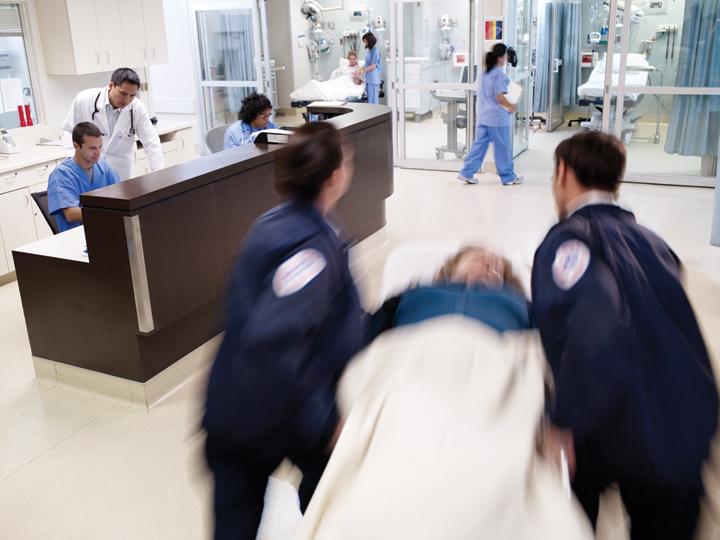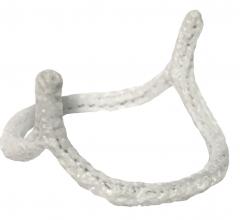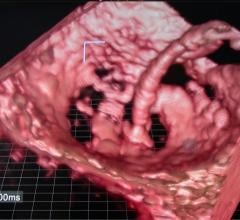
There is growing concern among patients and regulators that medical devices, especially implantable electrophysiology ...
August 16, 2017 — BioCardia Inc. recently announced completion of treatment for the 10-patient roll-in cohort for the ...
August 16, 2017 — A study has examined the efficacies of various post-percutaneous coronary intervention (PCI) ...
Cardiac PET/CT represents a major advancement in cardiovascular diagnostics, offering significant clinical and ...

August 16, 2017 — The Centers for Medicare and Medicaid Services (CMS) announced a proposed rule to reduce the number of ...
The International Society for Magnetic Resonance in Medicine (ISMRM) has provided new guidance in the use of contrast agents during MRI scans. Emerging research suggests gadolinium-based contrast agents, injected in a patient's veins to brighten tissues in MRI images, accumulate in the brain. More than 300 million doses of such drugs have been administered since their introduction in 1987.
Surmodics Inc. announced receipt of an investigational device exemption (IDE) from the U.S. Food and Drug Administration (FDA) in July to initiate a pivotal clinical trial of the SurVeil drug-coated balloon (DCB). The randomized trial will evaluate the SurVeil DCB for treatment for peripheral artery disease (PAD) in the upper leg compared to the Medtronic IN.PACT Admiral DCB.
SPONSORED CONTENT — Studycast is a comprehensive imaging workflow system that allows healthcare professionals to work ...
Aug. 15, 2017 – Patients undergoing percutaneous coronary intervention (PCI) at safety-net hospitals experienced similar ...
Aug. 15, 2017 — The U.S. Food and Drug Administration (FDA) has approved the Vascular Dynamics Inc. (VDI) ...
Aug. 10, 2017 — The American College of Radiology (ACR) developed three new guidance documents and revised 32 others to ...
Providing exceptional cardiovascular care for patients to achieve the best possible outcomes is the number one goal for ...
Aug. 15, 2017 — The U.S, Food and Drug Administration (FDA) granted market clearance for the HAART 200 Aortic ...
Read an updated version of this article with more detail from CMS — "CMS to Cancel Mandatory Cardiac Bundled Payments ...
August 10, 2017 — CDN recently announced a new partnership agreement with DiA Imaging Analysis Ltd., makers of next ...
Cardiac positron emission tomography (PET) is growing in popularity among cardiologists because it provides the ability ...
Clarius Mobile Health has released advanced features and options for its wireless handheld ultrasound scanner for medical professionals on the go. The Clarius App 3.1 Eclipse with the enhancements is available now on the App Store and Google Play.
Abbott announced that the first patient has been enrolled in a clinical study to evaluate a minimally invasive clip-based repair system for treating people with moderate or severe tricuspid regurgitation (TR). The first patient was enrolled at Abbott Northwestern Hospital by Paul Sorajja, M.D., cardiologist at Minneapolis Heart Institute and Abbott Northwestern Hospital.
HeartFlow Inc. announced that four Blue Cross Blue Shield companies have each issued a positive medical policy for the HeartFlow FFRct (fractional flow reserve-computed tomography) Analysis.

 August 16, 2017
August 16, 2017














